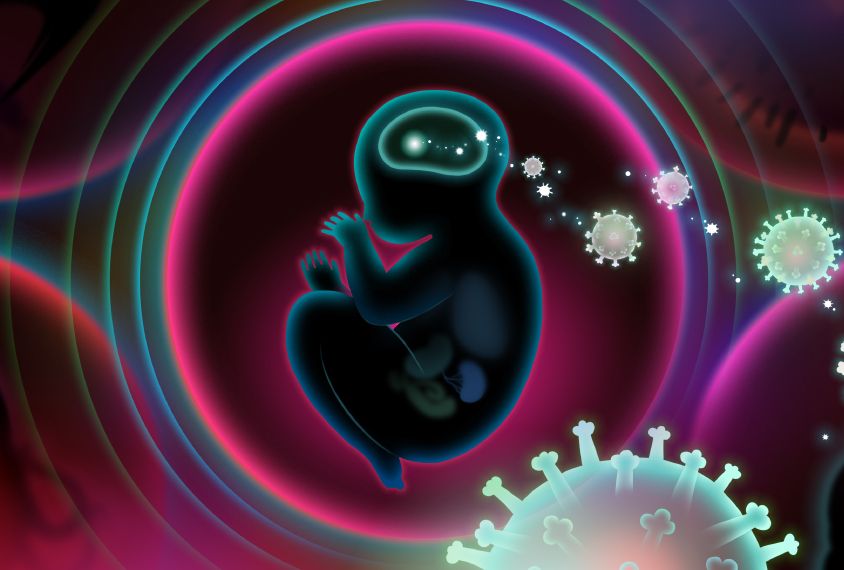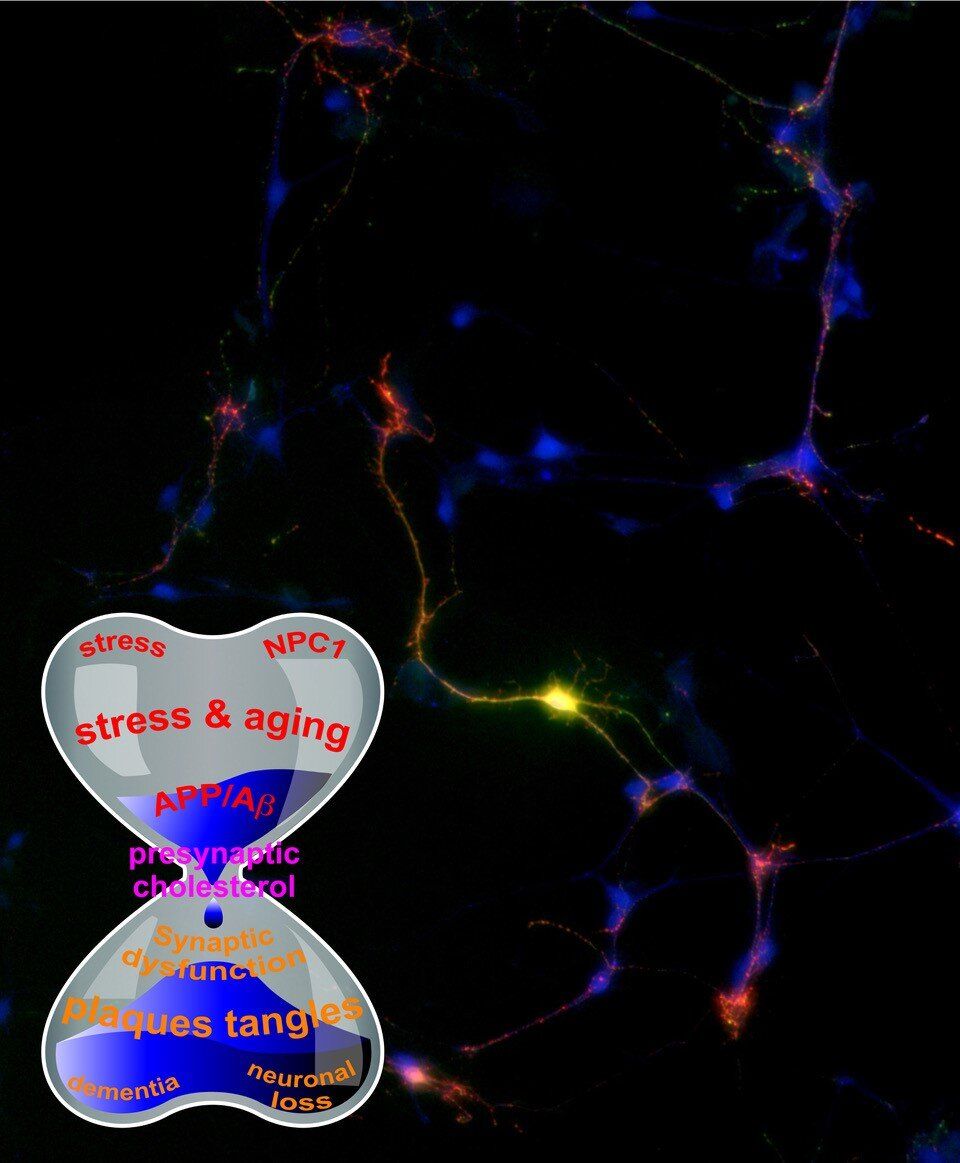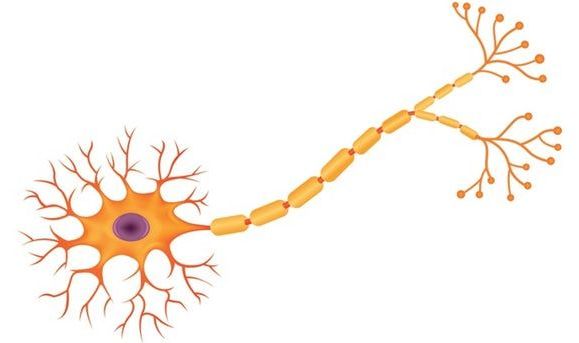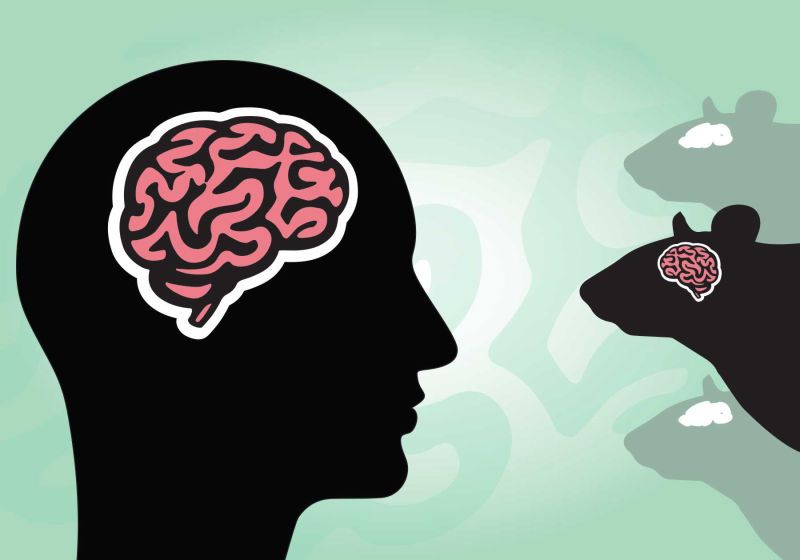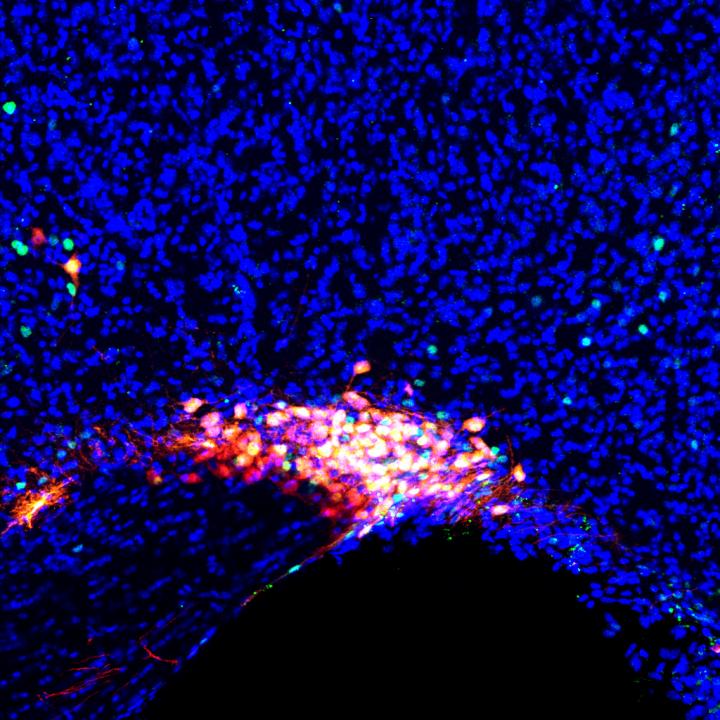Ecstadelic Media Group releases a new non-fiction book The Origins of Us: Evolutionary Emergence and The Omega Point Cosmology by Alex M. Vikoulov as a Kindle ebook (Press Release, San Francisco, CA, USA, April 22, 2019 01.00 PM PST)
The Science and Philosophy of Information book series is adapted for general audience and based on the previously published grand volume titled “ The Syntellect Hypothesis: Five Paradigms of the Mind’s Evolution” by digital philosopher Alex Vikoulov on the ultimate nature of reality, consciousness, the physics of time, and philosophy of mind. In this book one of the series, the author addresses some of the most flaming questions in science and philosophy: Where do we come from? What are the origins of us? What is our role in the grand scheme of things?
“# 1 Hot New Release” in Amazon charts in Cosmology and Evolution, the book starts with a story that happened almost exactly 400 years ago that has had a tremendous “butterfly” effect on us modern humans.
